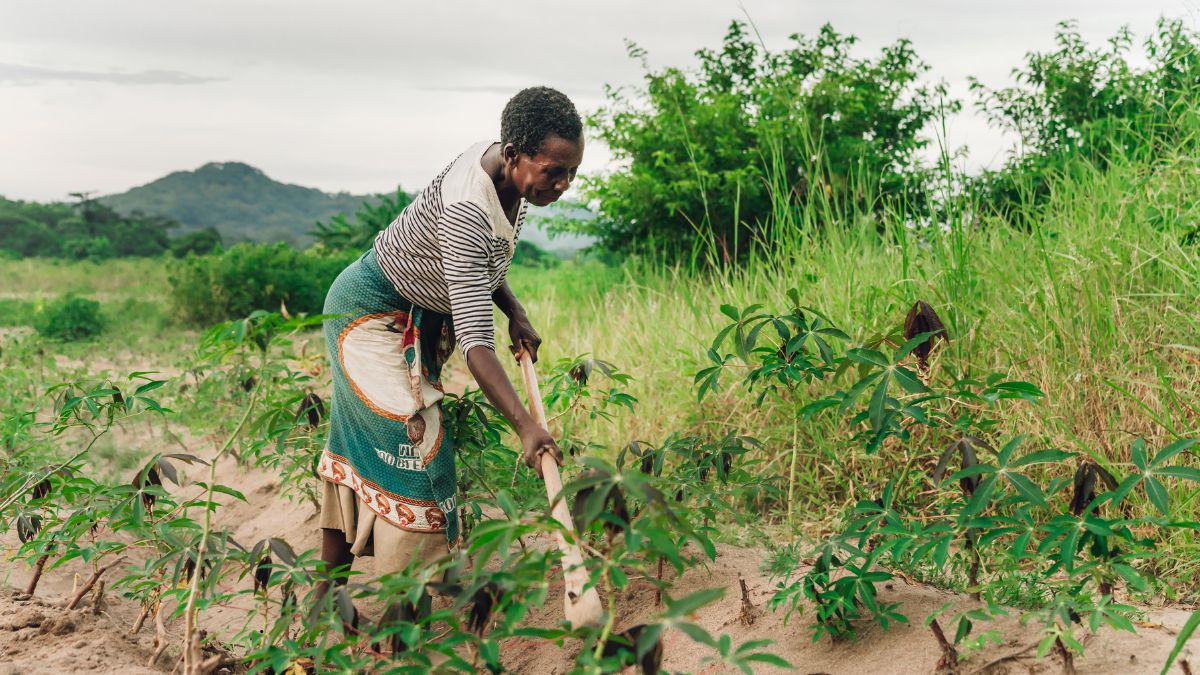
South Africa’s agricultural sector is facing fresh uncertainty as the United States introduces new tariff measures and delays decisions around the African Growth and Opportunity Act (AGOA), threatening to derail years of progress in rural farming and agricultural exports.
The US’s blanket 10% import tariff, with a potential 30% escalation, is expected to impact key exports such as citrus, avocados, nuts, and wine. While larger exporters might be more resilient, smallholder farmers — many of whom are women-led and rural-based — stand to lose the most.
AGOA in jeopardy
For years, AGOA has offered South African exporters duty-free access to US markets, lowering entry barriers and enabling the growth of agri-enterprises. Now, with the possible exclusion of South Africa from the trade agreement, local producers could face rising costs and stiffer competition in an already saturated export landscape.
Nkosinathi Mahlangu, Momentum’s youth employment portfolio head, expressed concern: “The potential exclusion removes the duty-free access that we enjoy. Farmers will have to break into new markets, compete on pricing, and catch up with competitors — this could lead to job losses.”
The impact could be devastating for new entrants into commercial agriculture, who are still building capacity and market access. Rural smallholders, in particular, often lack infrastructure and scale, and trade uncertainty makes it harder for them to survive.
Supply chains and infrastructure under strain
Agricultural mentor Allen Mkondwa warned that small-scale producers already face difficulties meeting cold-chain and volume requirements. “Tariffs disrupt more than pricing. They affect planning, infrastructure investment, and growth,” he said. Without stable export channels, producers risk falling behind, especially if seasonal revenues are disrupted.
Mkondwa called for targeted investment in rural infrastructure, such as packhouses, cold storage, and transport, to improve resilience. “These are the bottlenecks that have stunted smallholder growth for decades,” he added.
Local value chains and self-reliance
KwaZulu-Natal farmer and entrepreneur Ma Joye emphasized the importance of value-chain control. “Ownership from seed to shelf builds self-reliance and reduces exposure to external shocks,” she said. Practices like local crop processing, seed banking, and sustainable farming help insulate farmers from volatility.
Joye advocates for aggregation models, which allow smallholders to negotiate collectively, reduce costs, and improve margins. “Together we are an ocean. Individually, we are raindrops,” she noted.
Long-term solutions needed
For Mahlangu, the solution lies in intentional rural development, including land access, financial support, and inclusive policies. He stressed the need for grants, subsidies, and accelerated land reform to empower emerging farmers.
Mkondwa agreed, highlighting the role of public-private partnerships in helping farmers meet quality and traceability standards. “Retailers and corporates must step up with procurement commitments and mentorship,” he said.
One promising model is the Women in Farming initiative in KwaZulu-Natal, supported by the Momentum Group Foundation, which combines training, access to markets, and community linkages to create a sustainable path forward for young agripreneurs.
As uncertainty around AGOA continues, both Mahlangu and Mkondwa argue that protecting South African agriculture will require more than international lobbying. It demands a system that’s inclusive, prepared, and built for long-term resilience — especially for those most at risk.

